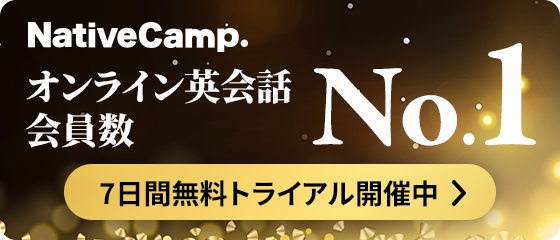Shinjiさん
2023/04/13 22:00
鵜の真似する烏 を英語で教えて!
魚を捕る鵜の真似をした烏が溺れることに例え、自分の能力を忘れて他人の真似をして失敗することを意味する「ことわざ」で、「鵜の真似する烏」と言いたいです。
回答
・The pot calling the kettle black.
・The blind leading the blind.
・The monkey see, monkey do.
You tried to copy John's successful business model without understanding it fully, and now your business is failing. That's the pot calling the kettle black.
ジョンの成功したビジネスモデルを理解せずに真似しようとして、今あなたのビジネスが失敗している。それはまさに「鍋がやかんを黒いと言う」だね。
「The pot calling the kettle black」という表現は、「自分も同じ過ちを犯しているのに、他人の過ちを指摘する」という状況を指す英語の成句です。自分が他人を非難したり批判したりする前に、自分自身の行動や態度を省みるべきだというニュアンスが含まれています。例えば、遅刻が多い人が他人の遅刻を注意するような状況で使われます。
Trying to follow the successful strategies of others without understanding them first is like the blind leading the blind.
他人の成功した戦略を理解せずに真似しようとするのは、まさに「ことわざ」の「鵜の真似する烏」、つまり「盲人が盲人を導く」のようなものだ。
The crow tried to imitate the cormorant's fishing technique and ended up drowning. That's a classic case of monkey see, monkey do.
「烏が鵜の魚捕りを真似して結局溺れてしまった。まさに、猿も木から落ちるの典型だ。」
"The blind leading the blind"は、どちらも無知や経験不足の人々が互いに助けを求めている状況を表す表現で、結果的に混乱や問題が発生することを暗示します。一方、"Monkey see, monkey do"は、他人の行動を考えずに単純に模倣する行為を表す表現で、批判的思考や独自性の欠如を指摘します。前者は指導力や知識の欠如、後者は模倣に依存する性質に焦点を当てています。
回答
・Trying to ape your betters leads only to
(回答欄に入りきらなかったため、こちらで詳しく解説します)
Trying to ape your betters leads only to failure.
「鵜の真似する烏」は英語で「Trying to ape your betters leads only to failure.」と表現することができます。
「to ape」は「~を真似る」という意味で、「あなたよりも優れているもの(the better)」を真似しても「lead only to failure(失敗につながるだけ)」という表現です。
鵜や烏を英語にしても良いかもしれませんが、それよりは上記の文の方が意味が伝わりやすいと思います。
例文
He did more than he was capable of. He shouldn't have done that because trying to ape your betters leads only to failure.
(彼は実力以上のことをした。鵜の真似する烏だから、すべきではなかった。)
以上、ご参考になれば幸いです。





 Japan
Japan